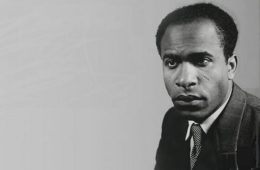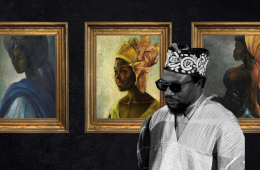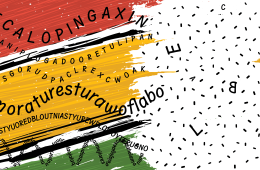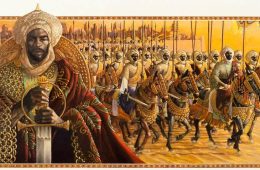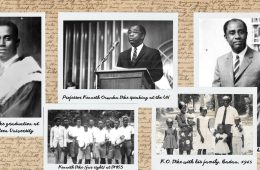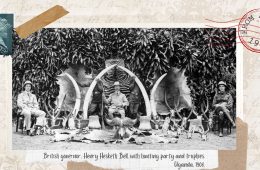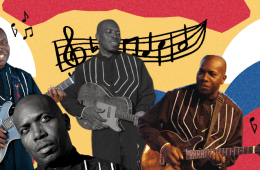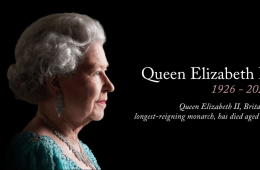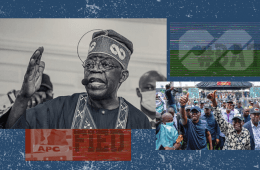Concerning Violence How Frantz Fanon Might Interpret Today’s France
Over the last few weeks, France has seen unrest at the death of Nahel Merzouk, a 17-year-old boy of Moroccan and Algerian origin shot and killed by police officers in a Paris suburb. The events dawn on the 98th birthday of Frantz Fanon, the Martinican psychiatrist who, educated in Paris, spent a critical part of his life in Algeria supporting its nationalist liberation movement against France, seeing the revolution as a ‘bridgehead’ of a pan-African vision.



